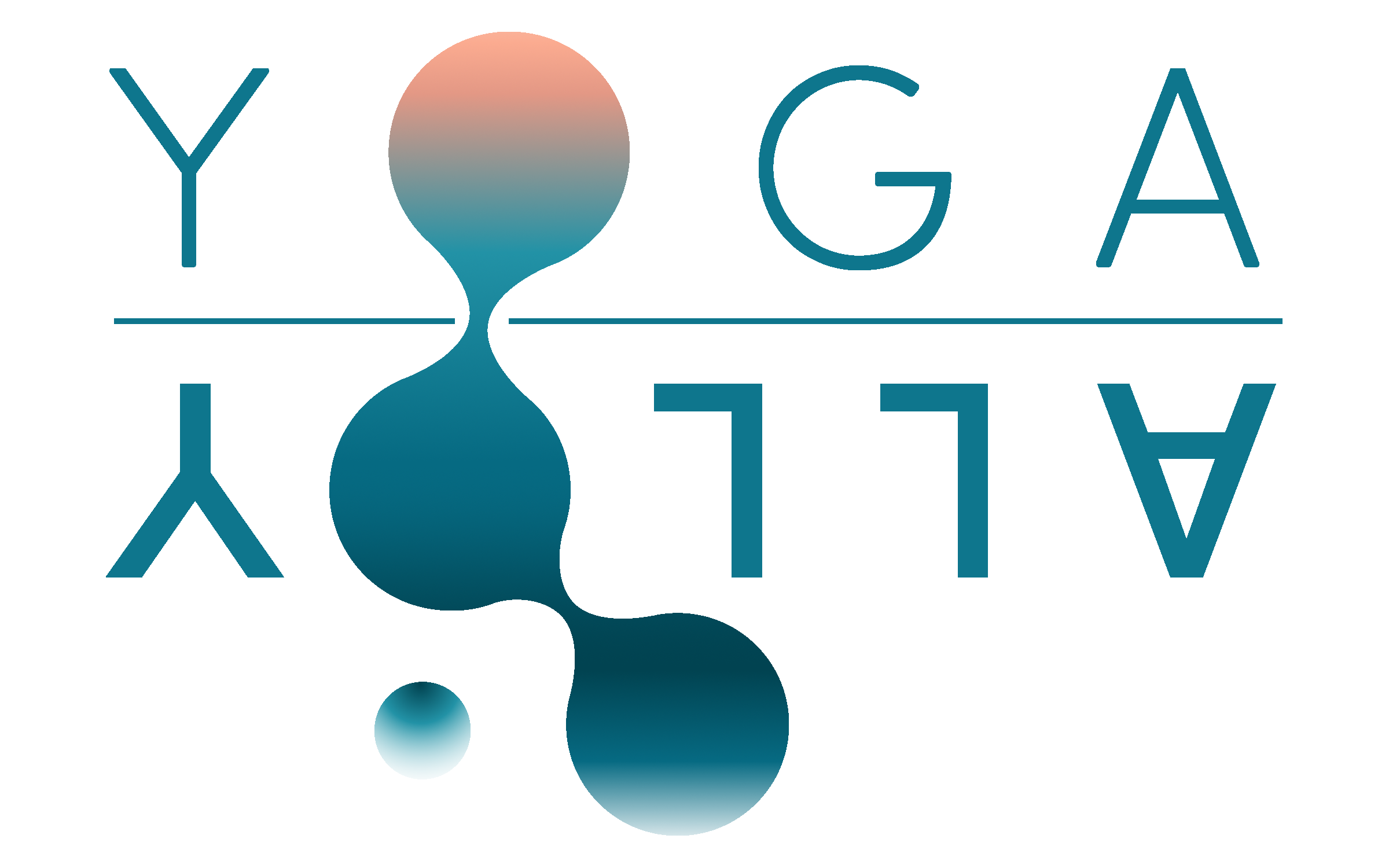Why not just meditate?
- Why we need other yogic practices?
I hope, now, it is common knowledge that yoga’s goal is not doing a handstand or any other Asana. Asana is just the seat for meditation. Meditation is the ultimate yogic practice. Yoga is all about consciousness.
Yoga gives us tools to alter our mental state to break our limitations to the point that we are limitless.
Meditation is the practice to reach this goal. But we see many other techniques that yogins employ. Yogins don’t just meditate. If they do nothing else, they at least do Pranayama. There are two main reasons why we need to prepare for meditation.
The first reason is quite straight forward. Simply, we are not capable of just sitting down, close eyes, and end up in a transcended state. We don’t have the power and the technique to achieve such a state. So on our yogic path, we gather those.
But surprisingly, that is not the only reason. Even if we could switch into a higher state of consciousness as easily as we snap our fingers, we would still be advised against doing that. Here is the reason why:


We all have habits, addictions, and less than beneficial inclinations. Say that you are trying to establish a yoga business at that time of your life. Your mind is busy with planning your business all day, worrying about how to attract students. You do your best to push those thoughts away, clear your mind, and sit down for meditation. You are a fantastic yogin, so you pull up a tremendous amount of energy up to your crown. You are focused on the sacred. But for some reason (maybe you are tired or something), your focus weakens for a second. The ideas about how to advertise your business begin to flood your mind. You worry about failing. All the energy you have gathered pours into those ideas and into the fear. Empowered by your high-frequency meditative vibrations, your business becomes the only important thing in the world.
You finish the meditation and get back to work with a lot of energy to pour into your business. Yet now you are deviated from what is essential. You lost the sight of your path of self-realization and falsely identified your life’s purpose with a business.
Unfortunately, this is how great yogins fall. A business is just an example, and you can replace it with many other temporary things.
We need to integrate our practices to our lifestyle and our belief systems. Altering our mental state is not available to most of us because we are not equipped to deal with it. It requires an unyielding will and a strong connection with our soul’s desire.
Patanjali systematizes the yogic path in eight limbs. Many other yoga schools follow a very similar path even they don’t share Patanjali’s dualistic philosophical approach. Asana is one of those limbs, as well as ethical principles and restraints. Yoga is a holistic approach. It has to be. It is a methodical system that yogin follows. Growth in yoga demands dedication, especially after a certain level. That dedication is also what protects the yogin from deviating from the light.
Taking control of the mind is a life long endeavor. Whatever life throws at you is an opportunity to use your skills and grow. Being truly strong and luminous is not easy. Yet, our souls crave for that feeling of freedom and lightness. So it is worth our time and energy more than any other temporary satisfactions.
Embody the sacred within.
Yoga Alloy

